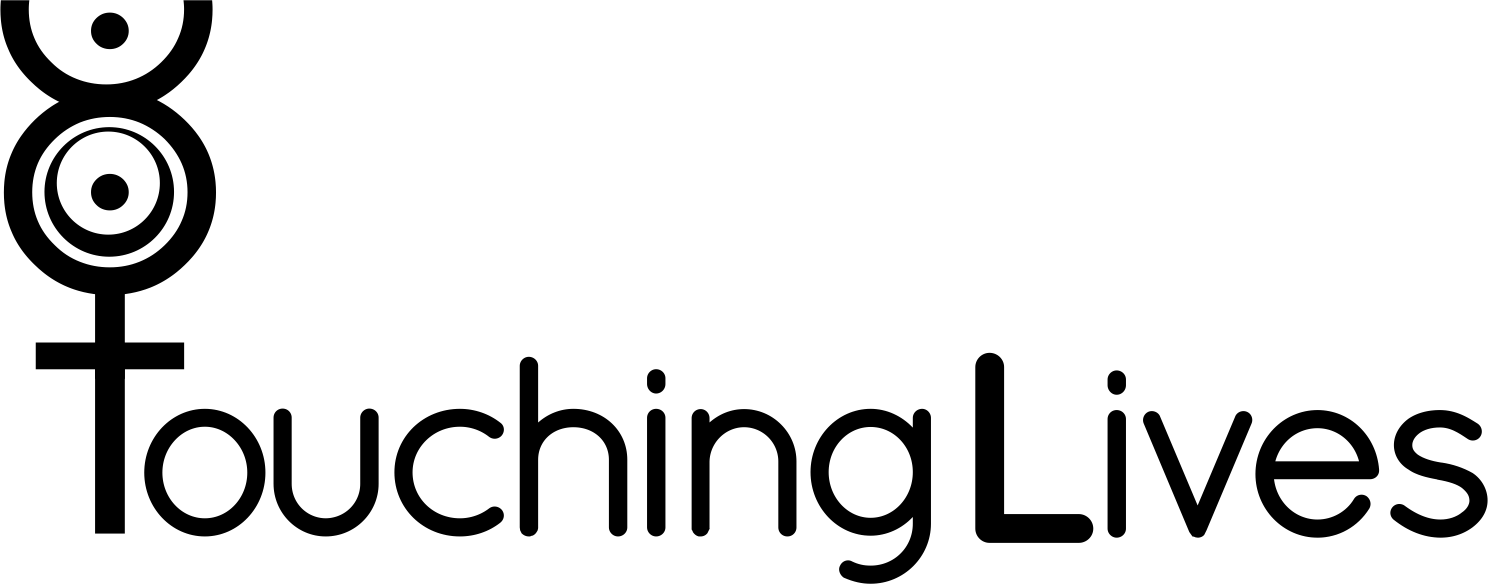At Touching Lives, we have an open policy for admissions – if the batch is not full and we have the ability to cater to the needs of the student, s/he will get admission to Touching Lives.
There are many expectations from many donor organizations and individual donors, in terms of, ‘for whom should the programs run for’. One of the common preconditions for selecting students is – ‘We should run programs for meritorious, bright and dedicated students only’. This is one of the approaches to work in the social sector – nothing wrong with it. There are a great many children and people in India who are dedicated, talented but lack opportunities due to financial, informational, social constraints. They deserve opportunities!
The approach that Touching Lives has chosen is different – let’s say, we reach out to children and parents in a slum community. The students who enroll for our programs, become our ‘responsibility’. No matter what their learning gaps, challenges, interest levels are. A simple analogy to describe this approach is – Suppose your child does not get good marks or fails in exams repeatedly. Would you say, he does not deserve any support or would you take extra efforts for her – tuitions, follow-ups, motivation and so on? If your child bunks school multiple times even after many opportunities, would you give them one more chance and set stricter rules and try to resolve their problem or would you let them drop off from school?
These are some of the simple examples of many complex challenges that social sector organizations face when they run programs for children from challenging socio-economic backgrounds where the effort and involvement of parents and family in their child’s education are limited. Apart from preparing lesson plans, researching on activities and curriculum, conducting classes and assessments, coordinating with volunteers and maintain records and reports; the mentor and team working with the children are also calling children and parents incessantly to not miss any class, resolving their personal and family challenges, making sure that even dropped-out students from their class are continuing formal education and supported.
This approach requires a team which works not only with their mind but also with their heart, which is dedicated and does not approach the work as a regular 9-5 job. A team which is constantly striving to keep the ‘inner-fire’ and motivation alive!
There’s also a debate if the programs should be offered at a minimal cost to ensure the dedication and attendance of children. But, so far, Touching Lives has followed the approach of keeping its programs ‘free of cost’.
Another difference in the approach usually comes up is with regards to ‘Impact of the project’. Working at the grassroots level, one realizes that the ideas about ‘big changes’ and ‘how the societies can be transformed’ are met with a different reality at the ground level. It is important to learn, acknowledge and be honest, sincere about your experiences and work. It is a general practice to talk about ‘Theory of change’, ‘x thousands lives impacted in a year’, ‘growth and scale’, ‘transforming x lac lives by 2030’ and so on. It is important to have big goals and to evaluate and evolve your project. But, it is equally important to acknowledge that when you are working in the field of education, out of your 200 students, a few students would drop out of your programs despite all your efforts and follow-ups, helping a student to learn simple English words is a also success story, providing love and emotional support to a student and help her gain confidence to speak in the class is also a success story, helping a student to pass in a school exam is also a success story, and sometimes you will not even see any impact for years despite giving your best for a particular student, and the impact might be seen in the next generation when your student, in the role of a parent, approaches education differently because of the mindset changes he achieved attending your programs. It is important to ‘keep going’ even when you cannot see ’impact’ of the hard work you have put in for a student.
The hard truth is – it is hard to measure ‘impact’ in the social sector always in terms of numbers. And chasing numbers can sometimes make us forget – why were we here in the first place, why are we doing what we are doing? It is to serve – ‘ with seva bhaav’ and support someone with your time and resources.
